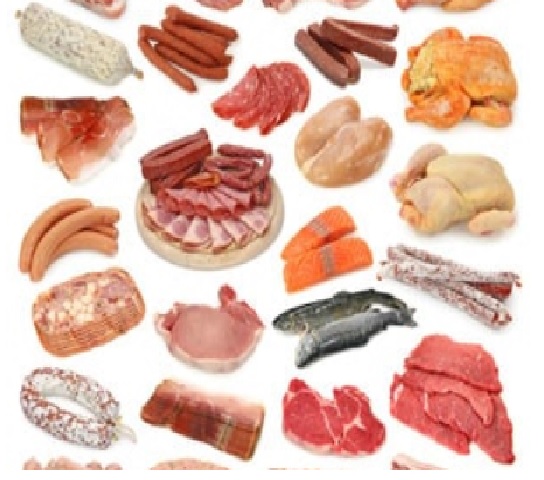
Overcoming Challenges in Meat and Edible Meat Offal Export-Import Worldwide
Meat and edible meat offal are essential food items that have high demand globally. Due to globalization and increased inter-country trade, the export-import of meat and meat offal has increased significantly in recent years. However, the trade is not free from challenges. There are several challenges that exporters and importers face in the process of the meat and meat offal trade. This article explores the key challenges involved in the meat and edible meat offal export-import trade and how these challenges can be overcome.
Challenges in Meat and Edible Meat Offal Export-Import:
The followings are the major challenges that exporters and importers face in the meat and edible meat offal trade:
Foreign Trade Laws and Regulations:
Every country has its own foreign trade laws and regulations governing the import-export of goods. These laws and regulations can be complex and confusing, making it challenging for exporters and importers to comply with them. In addition, there may be changes in the laws and regulations from time to time, adding to the complexity of the trade.
Licensing Requirements:
In addition to the foreign trade laws and regulations, exporters and importers may also require licenses to trade in meat and meat offal. These licenses can be difficult to obtain and may take a long time to process. Moreover, different countries may have different licensing requirements, making it challenging for exporters and importers to comply with them.
Customs Clearance:
Customs clearance is a critical step in the meat and meat offal export-import trade. The process involves verifying the goods, ensuring compliance with the laws and regulations, and collecting the necessary customs duties and taxes. However, customs clearance can be a time-consuming and complex process, and delays can occur due to various reasons, such as incomplete documentation or inspections.
International Logistics:
The transportation of meat and meat offal requires specialized logistics, including refrigeration and proper packaging. Moreover, the transportation process may involve several modes of transportation, such as air, sea, and land. Coordinating and managing the logistics can be challenging, especially when exporting to multiple countries.
Exim Documentation:
Export-import documentation is a critical aspect of the trade. The documentation includes various certificates and permits, such as the certificate of origin, phytosanitary certificate, and health certificate. The documentation can be complex and time-consuming, and errors can result in delays or even rejection of the goods.
How to Overcome the Challenges:
The following are some strategies that exporters and importers can use to overcome the challenges involved in the meat and edible meat offal export-import trade:
Knowledge of Foreign Trade Laws and Regulations:
Exporters and importers should have a good understanding of the foreign trade laws and regulations of the countries they are trading with. They should stay updated on changes to the laws and regulations and ensure compliance with them.
Partnering with Local Agents:
Working with local agents can help exporters and importers navigate the licensing requirements, customs clearance, and logistics of the trade. Local agents have knowledge of the local laws and regulations and can help expedite the process.
Use of Technology:
Technology can help streamline the trade process and reduce the time and costs involved. For instance, exporters and importers can use online platforms to track the status of their shipments and documentation, reducing the need for physical travel and communication.
Proper Documentation:
Exporters and importers should ensure that their documentation is complete and accurate. They should double-check the documentation before submission and seek professional help if needed.
The meat and edible meat offal export-import trade is a complex and challenging process, with several hurdles to overcome. Exporters and importers should have a good understanding of the foreign trade laws
